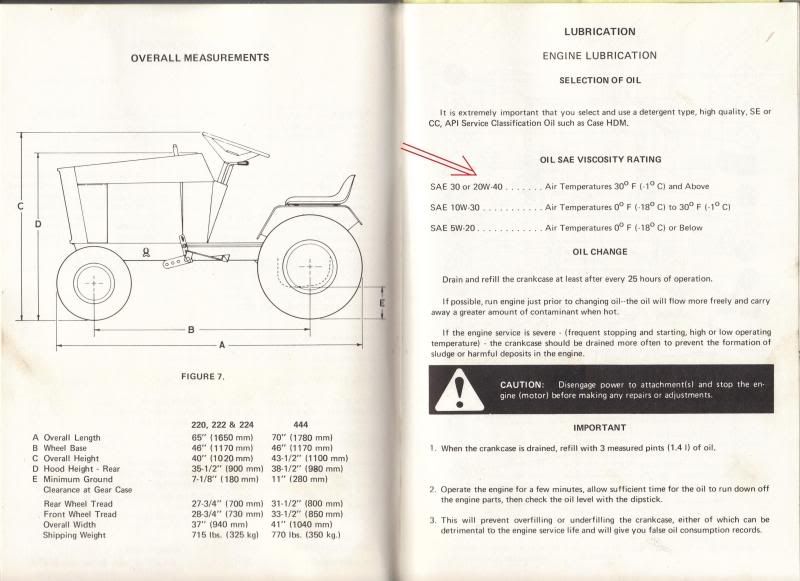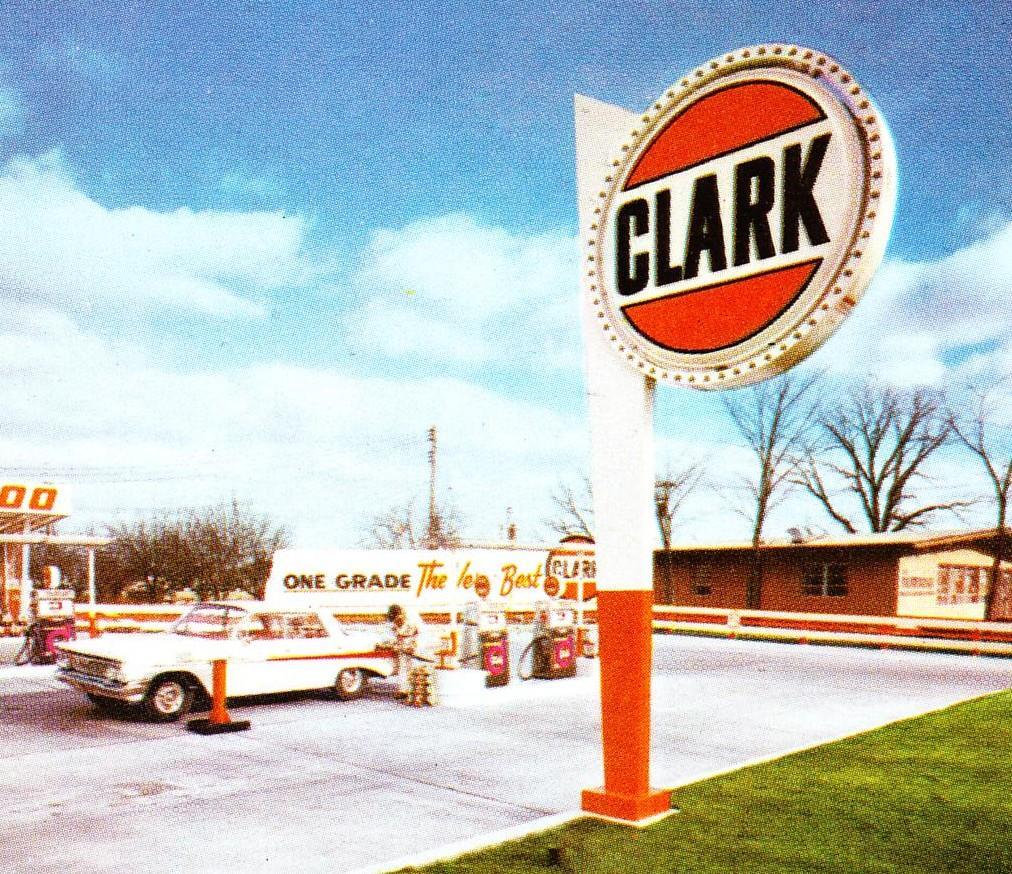OVERKILL
$100 Site Donor 2021
I used to do a fair bit of computer and part-time work for a trailer park who had a number of Deere diesel mowers. They'd get upwards of 40 hours a week put on them during the summer (they were run pretty much non-stop every day). So we are dealing with roughly 160 hours a month, give or take.
One constant problem with them was that the rad screens in the front of 'em would get plugged up with clippings and the tractors would get hot, and go thermal, shutting it down until it cooled off.
If the operator was conscious of the temp gauge (and it took some work to get them to be), you could stop the tractor, pull the screen, knock the grass off, replace it, and the temp would come back down to a reasonable level shortly after the tractor was restarted.
This was UNLESS you were mowing VERY heavy grass, on a VERY hot day, and then the gauge would slowly head into the overheat zone no matter how bloody clean the screen was.
That was using whatever dino lube Deere recommended.
Since I was about the only mechanically inclined person working there (though really only part-time, as my job was IT and this was far from my area of employment), the manager (who was, and still is a good friend of mine) and I agreed that I'd setup and see to a maintenance regiment for the tractors. We sourced some AMSOIL grease, hydraulic fluid and oil for these things. Oil was 5w40, grease was their water resistant grease, since the tractors were hosed off after every run.
The switch to the synthetic oil immediately stopped the overheating issue in heavy grass. But not only that, it also made so that the rad screens had to be pretty much plugged solid before the tractors would start to overheat in regular use. This meant there was more time mowing and less time stopping, shutting it off, and cleaning the screen while in use. In fact, most of the time the screens would last the mow cycle and could be cleaned off when the person using it was stopping for a break, lunch...etc.
There was also REDUCED consumption with the synthetic lubricant. Very little oil had to be added between changes. We also extended the drains from 50 hours to 100 hours IIRC, which made the synthetic oil actually less expensive.
We did the same with the synthetic hydraulic fluid, doubling the change interval.
Now clarklawnscape, I'm not a lubricant, or even Mechanical Engineer (though my grandfather was a Hydro Electric Engineer, that holds no real relevance here other than he had a lot of equipment, a lot of land, and a lot to mow and we used synthetic oil in a variety of equipment cutting everything from hay to crabgrass), but I DO have a fair bit of experience with lawn equipment and maintaining it. Case, Kubota, Deere and Massey-Ferguson, I've never had any issues using synthetic lubricants in any of them. This was of course using an appropriate lubricant for the application in the same grade as was recommended/approved by the manufacturer.
One constant problem with them was that the rad screens in the front of 'em would get plugged up with clippings and the tractors would get hot, and go thermal, shutting it down until it cooled off.
If the operator was conscious of the temp gauge (and it took some work to get them to be), you could stop the tractor, pull the screen, knock the grass off, replace it, and the temp would come back down to a reasonable level shortly after the tractor was restarted.
This was UNLESS you were mowing VERY heavy grass, on a VERY hot day, and then the gauge would slowly head into the overheat zone no matter how bloody clean the screen was.
That was using whatever dino lube Deere recommended.
Since I was about the only mechanically inclined person working there (though really only part-time, as my job was IT and this was far from my area of employment), the manager (who was, and still is a good friend of mine) and I agreed that I'd setup and see to a maintenance regiment for the tractors. We sourced some AMSOIL grease, hydraulic fluid and oil for these things. Oil was 5w40, grease was their water resistant grease, since the tractors were hosed off after every run.
The switch to the synthetic oil immediately stopped the overheating issue in heavy grass. But not only that, it also made so that the rad screens had to be pretty much plugged solid before the tractors would start to overheat in regular use. This meant there was more time mowing and less time stopping, shutting it off, and cleaning the screen while in use. In fact, most of the time the screens would last the mow cycle and could be cleaned off when the person using it was stopping for a break, lunch...etc.
There was also REDUCED consumption with the synthetic lubricant. Very little oil had to be added between changes. We also extended the drains from 50 hours to 100 hours IIRC, which made the synthetic oil actually less expensive.
We did the same with the synthetic hydraulic fluid, doubling the change interval.
Now clarklawnscape, I'm not a lubricant, or even Mechanical Engineer (though my grandfather was a Hydro Electric Engineer, that holds no real relevance here other than he had a lot of equipment, a lot of land, and a lot to mow and we used synthetic oil in a variety of equipment cutting everything from hay to crabgrass), but I DO have a fair bit of experience with lawn equipment and maintaining it. Case, Kubota, Deere and Massey-Ferguson, I've never had any issues using synthetic lubricants in any of them. This was of course using an appropriate lubricant for the application in the same grade as was recommended/approved by the manufacturer.



